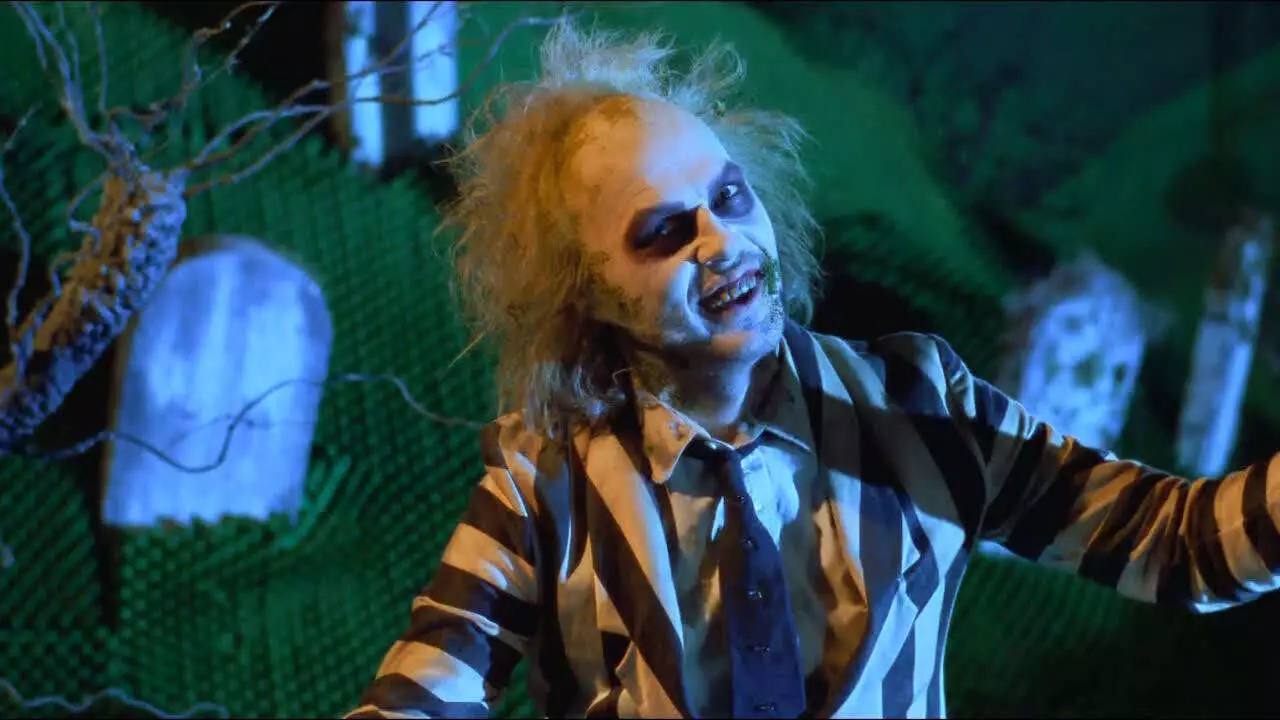The recent release of the Beetlejuice sequel has proven to be a box office sensation, generating a remarkable $264 million globally within the first two weeks. This resurgence underscores the enduring appeal of Tim Burton’s iconic creation, a character and story that have remained in the collective cultural consciousness since the original film’s debut in 1988. Initially, there were talks about releasing this sequel on a streaming platform, specifically Warner Bros.’ Max. However, this idea was swiftly dismissed. As co-chair Pamela Abdy pointed out in an interview with the New York Times, “That was never going to work for Tim. You’re talking about a visionary artist whose films demand to be seen on a big screen.” This statement captures the essence of cinematic experiences that transcend mere viewing and transform into events; a principle that Burton’s films embody so profoundly.
The Evolution from Concept to Screen
For nearly ten years, Warner Bros. and Burton engaged in exploratory discussions to revitalize Beetlejuice. Early concepts included an intriguing but ultimately abandoned idea titled “Beetlejuice Goes Hawaiian.” The protracted development phase reflects the challenges inherent in bringing beloved characters back to life while ensuring they resonate with both long-time fans and new audiences. Burton’s exploration of various ideas demonstrates his commitment to creative integrity and the desire to deliver nothing short of a masterpiece. Moreover, it is noteworthy that Burton directed four episodes of the Netflix series Wednesday during this extensive period, highlighting his consistent dedication to unique storytelling.
The original intention to steer toward a streaming model was reconsidered when the stakes became clear. Abdy and her co-chair, Michael De Luca, advocated fiercely for a theatrical release, culminating in discussions with Burton. Understanding the financial landscape was crucial, as the sequel’s initial budget soared to $147 million, driven primarily by salaries and producer fees. A pivotal moment emerged where De Luca and Abdy persuaded Burton to adjust the budget to an achievable $99 million. In doing so, they set a strategic precedent: cast and crew would receive back-end deals influenced by the film’s performance—a negotiation tactic that fostered a sense of collaboration and urgency among the team.
The theatrical release of Beetlejuice has not only validated these calculated risks but exceeded expectations. With over $190 million amassed domestically and projections indicating that it could surpass the $200 million mark shortly, the film has reigned at the top of the U.S. box office for two consecutive weekends. De Luca expressed the palpable excitement at Warner Bros. following the release, mentioning, “[We were] dancing in the hallways, smiles on faces.” This infectious enthusiasm is a testament to the collective effort that has brought this beloved narrative back into cinema.
Furthermore, for fans yearning for more, they can also revisit the original Beetlejuice film on 4K Blu-ray, alongside a DVD box set of the cherished animated series. The release strengthens the franchise’s foothold in the current pop culture landscape, ensuring that Beetlejuice remains a vital part of both cinematic and nostalgic experiences. As the dust settles on this latest release, it is evident that Beetlejuice is more than just a name—it’s a cultural phenomenon that continues to thrive.


Leave a Reply